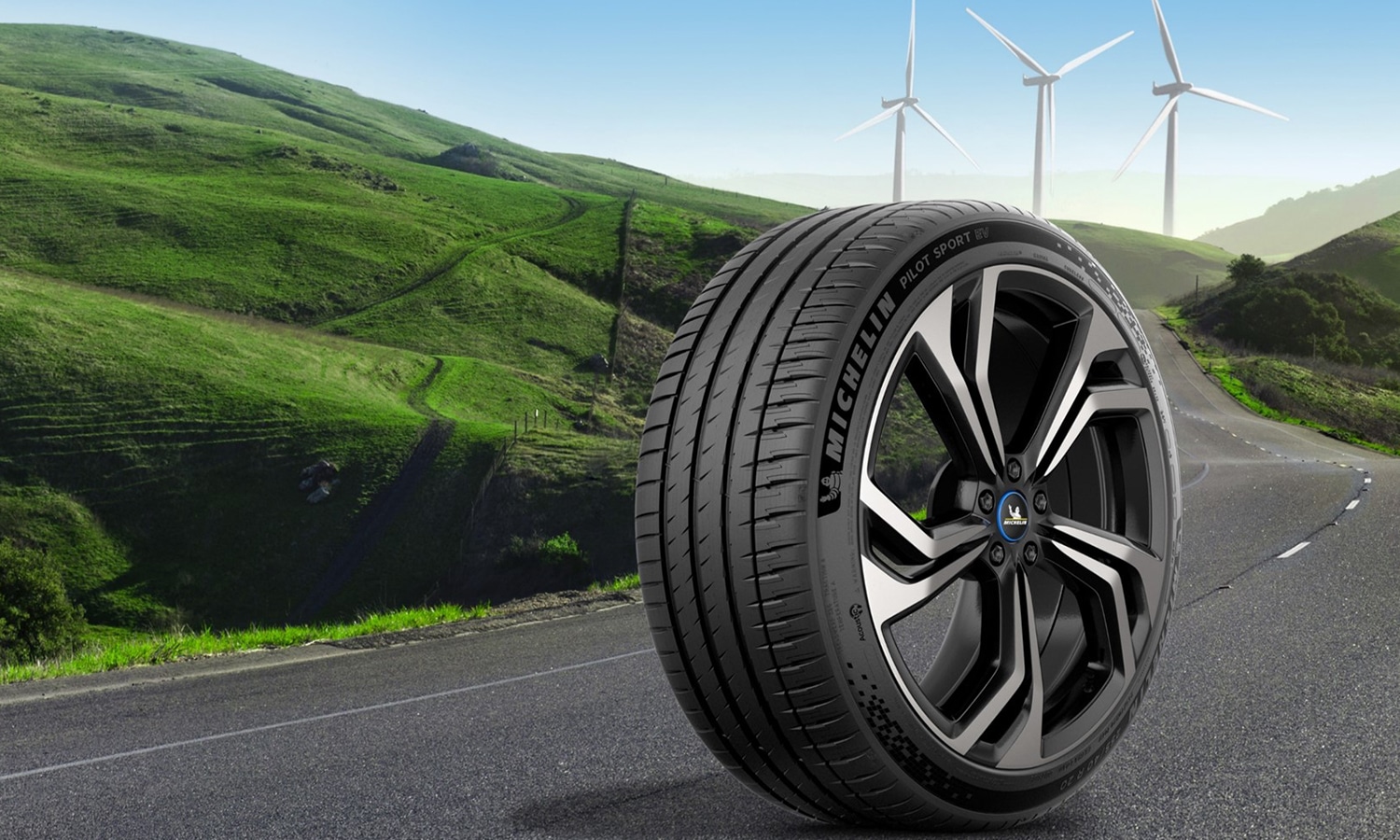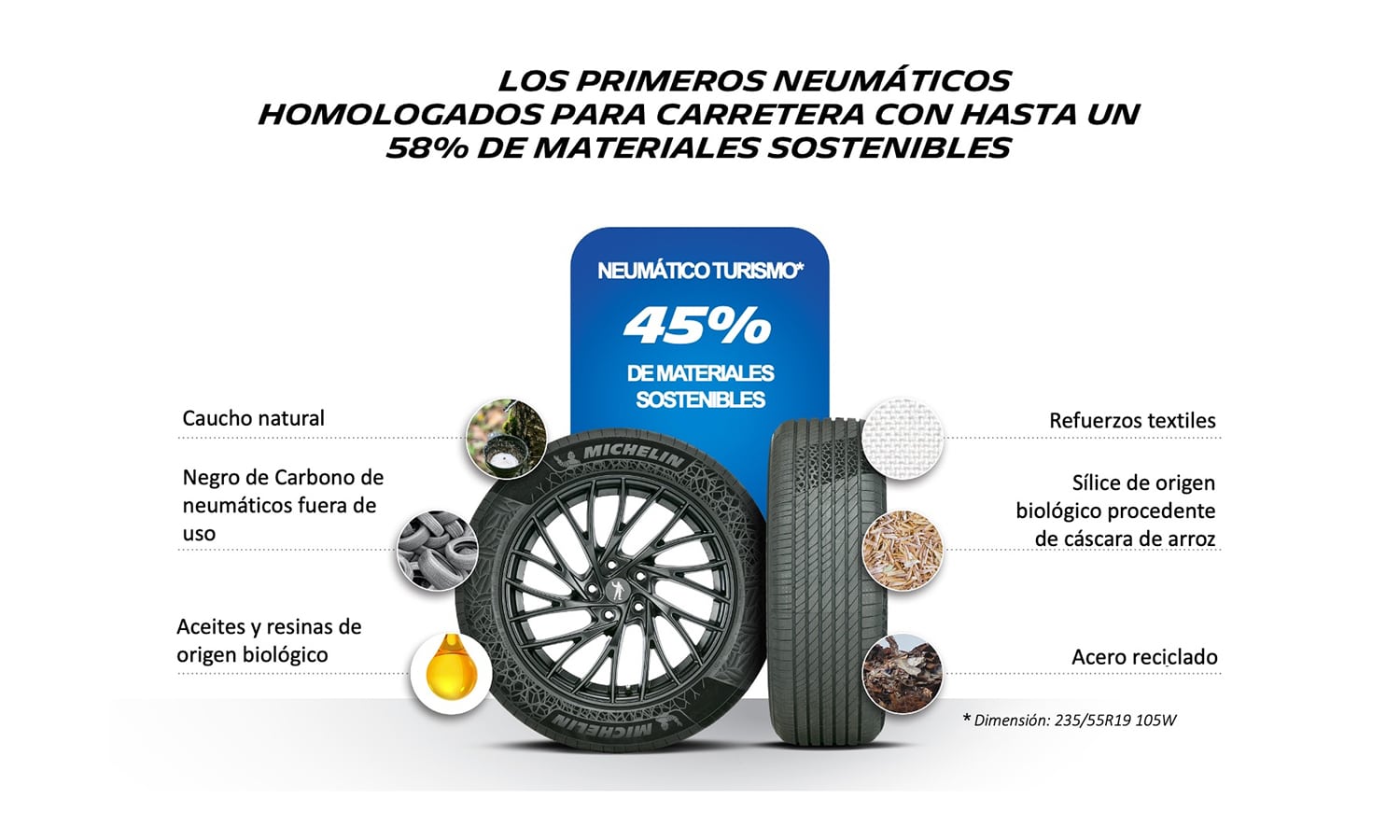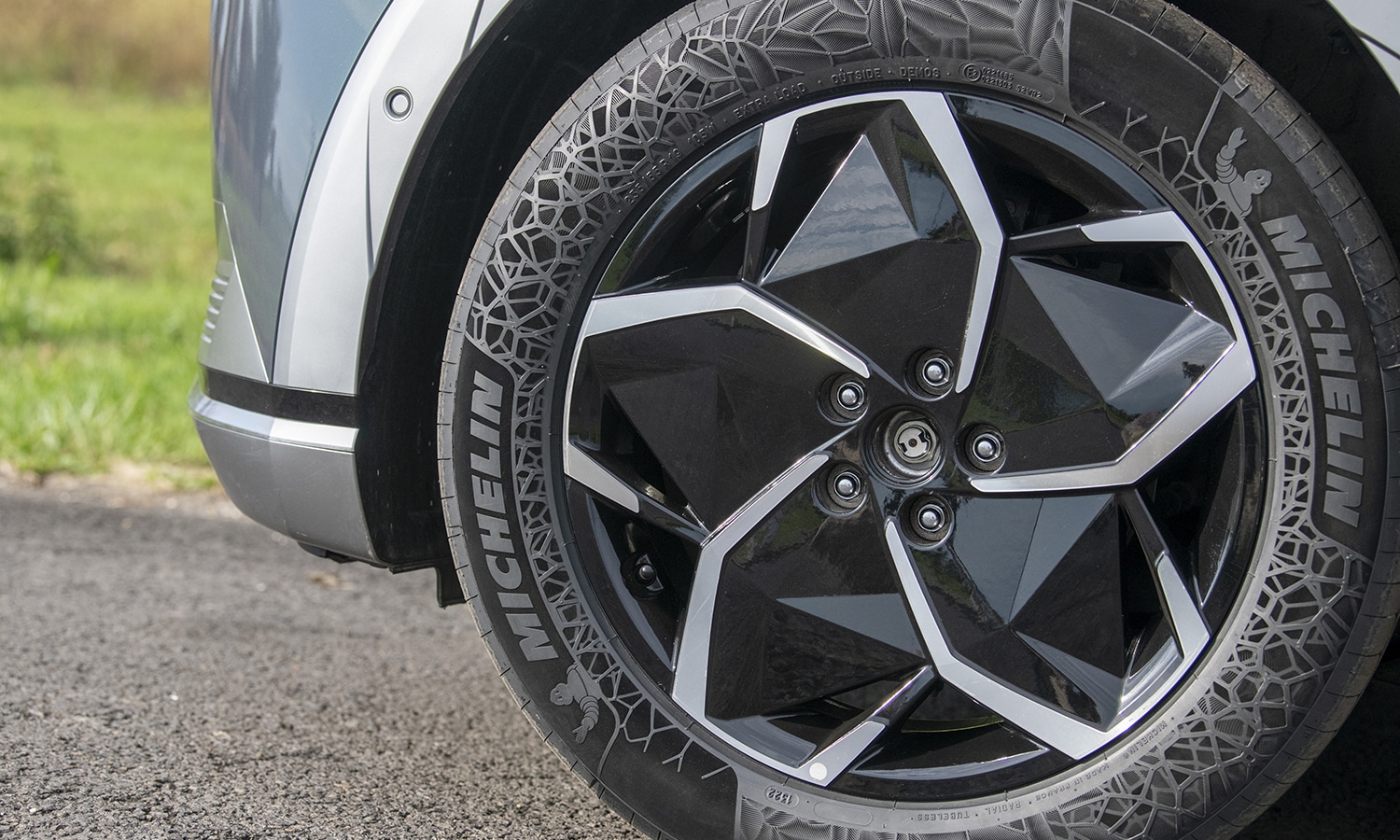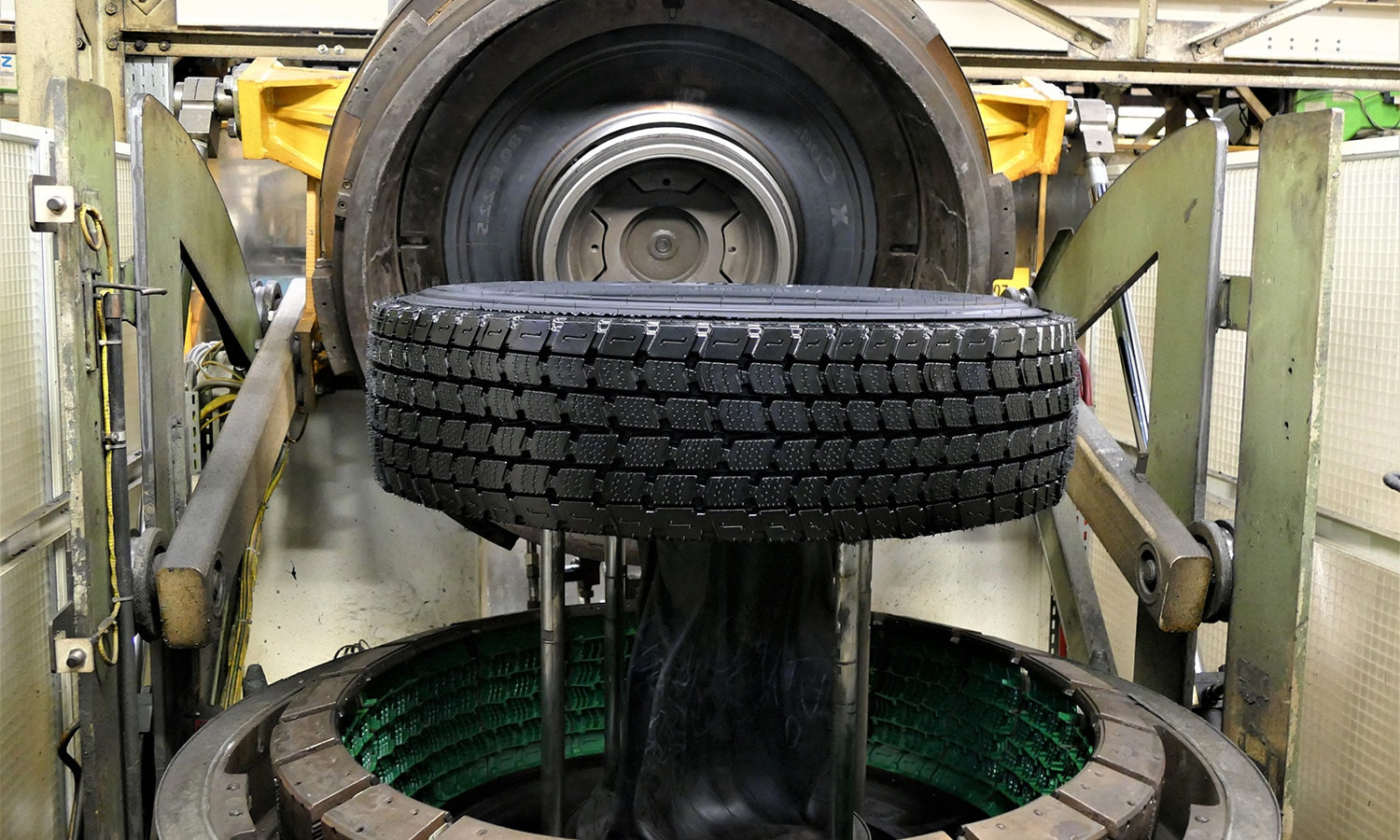
In the world there are millions and millions of tires filming daily, but by no means are they all the same, even though they look alike on the outside. Manufacturers are not the same either, as they have different philosophies, production methods, technologies and looks to the future. Precisely in all this there is a company that stands out, MICHELIN.
And it is that the best-known brand of tires worldwide is very aware that, for our future generations to enjoy a healthy and sustainable planet, you have to start working much earlier. In fact, 6.000 people are currently working among Group engineers, researchers, chemists and developers to conquer the ambitious following objectives:
- Before 2030, lower the rolling resistance of tires by 20%.
- In 2030 reduce 50% of CO2 emissions in the production process.
- In 2030, 40% of raw materials are of vegetable or sustainable origin.
- In 2050, 100% of raw materials are of vegetable or sustainable origin.
- In 2050 all factories are carbon neutral.
200 ingredients, some of them recycled

A MICHELIN tire is a high-tech object, now more than ever, in which more than 200 different ingredients are invested. These ingredients, perfectly selected and dosed, generate performance, durability, comfort and also a significant reduction in environmental impact. Because sustainability should never compromise safety.
In fact, in this 2022 the manufacturer has presented a approved touring tire made from 45% sustainable materialssuch as natural rubber, bio-based oils and resins, recycled tire components, textile reinforcements, silica from rice hulls, and recycled steel.
The first low rolling resistance tire from the French brand was launched in 1992. Currently, the low rolling resistance range is the Primacy, with the recently launched MICHELIN Primacy 4+ reducing both CO2 emissions and fuel consumption. made out of fuel.
Currently, part of tire manufacturing is done using recycled products such as recycled plastic bottles and other environmentally friendly synthetic materials. But what happens afterwards with the tires we throw away?
A second chance, a second life to improve sustainability

As we said at the beginning, million tires They are manufactured each year for the different vehicles that are used on a day-to-day basis. From passenger cars to buses, including bicycles, motorcycles, industrial civil works vehicles, trucks or even planes. Therefore, they also end their first life.
After a collection and treatment process, these worn out tires are reused to, for example, create cushioning materials for children's playgrounds, paving roads, artificial grass and also for part of the composition of new tires.
From all of the above, in terms of sustainability, we can say that MICHELIN works to care for the planet in three stages:
- In the creation of the tire both by materials used and in the factories themselves
- During the main useful life of the tire
- And after use, with selective recycling to reuse it in different areas
In total, more than 124.000 people work directly for Michelin, a company that is present in 177 countries and has 68 tire production centers. The fact that most opens our eyes to the importance of these technologies, sustainability and recycling is that the French manufacturer has produced nothing less than 173 million tires in 2021.
